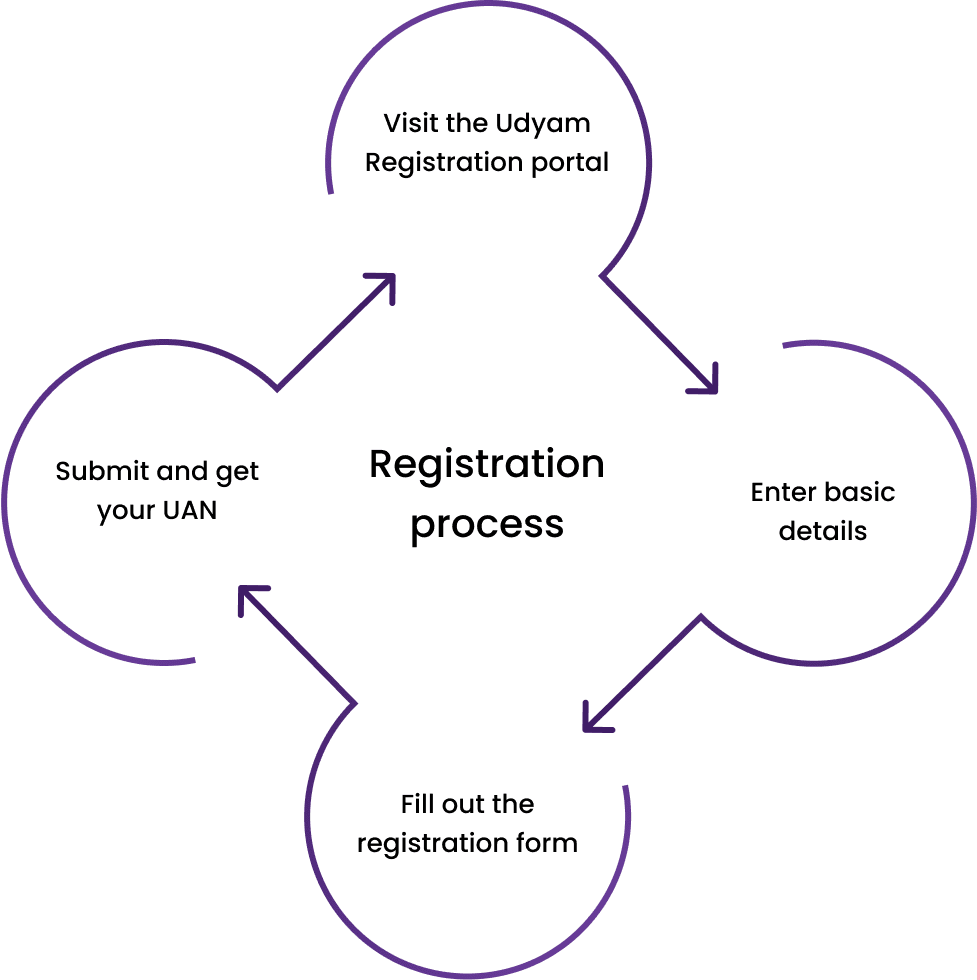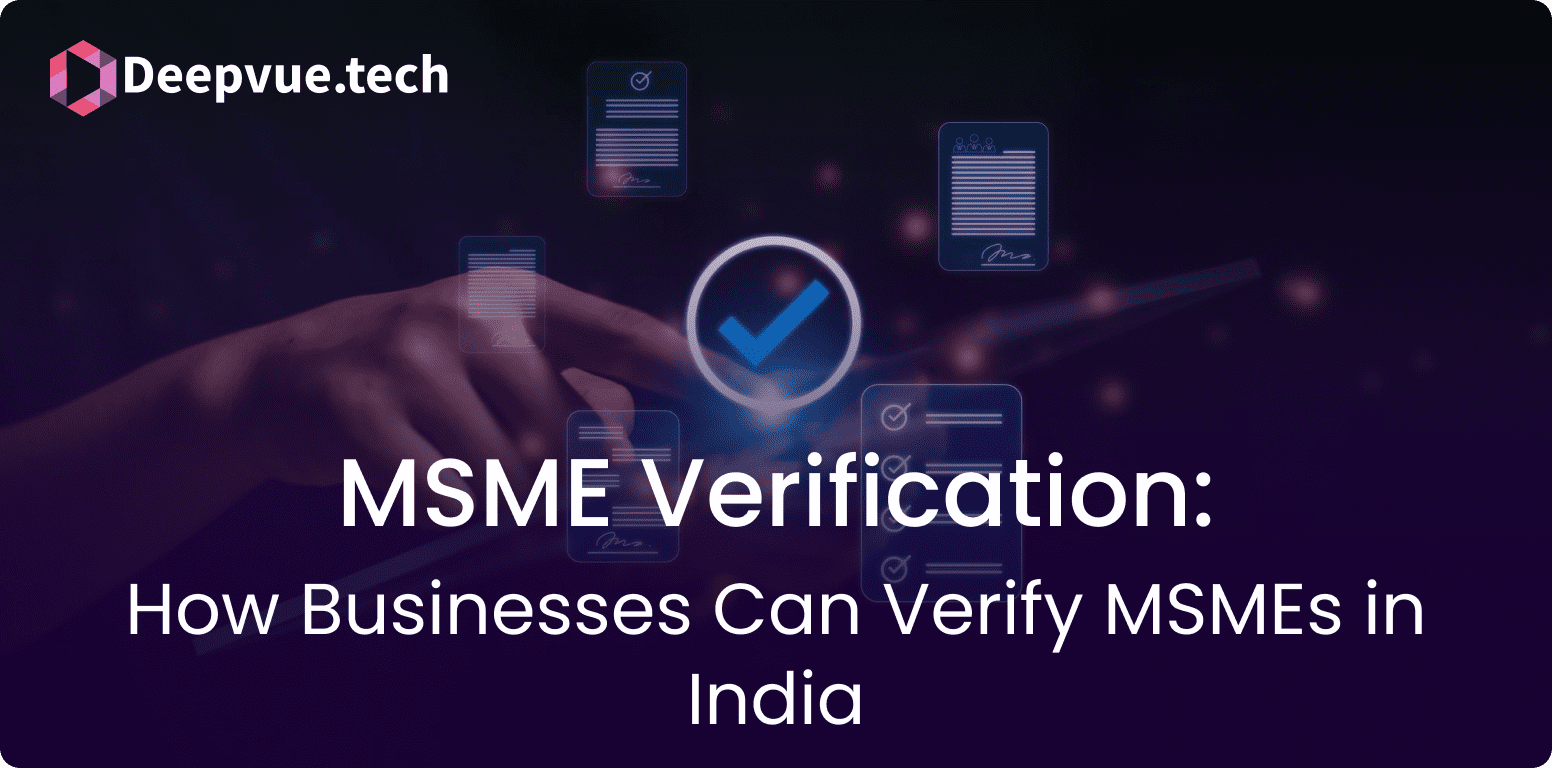Micro, Small, and Medium Enterprises (MSMEs) are the backbone of the Indian economy. These businesses drive innovation, generate employment, and boost economic growth. However, in order to enjoy the benefits that these businesses get from the government & offer to other enterprises, it’s important to verify the authenticity.
If you’re an enterprise or another business looking for reliable partnerships with MSMEs, it is important to know that they are befriending the right businesses.
This blog will delve into the significance of MSME verification, the steps involved in the process, and the various methods available for verifying MSMEs in India.
What is an MSME?
First things first, MSMEs are classified based on their investment in plant and machinery or equipment and turnover. According to the Micro, Small, and Medium Enterprises Development (MSMED) Act, 2006, MSMEs are defined as follows:
- Micro Enterprises: Investment in plant and machinery or equipment not exceeding ₹1 crore and turnover not exceeding ₹5 crores.
- Small Enterprises: Investment in plant and machinery or equipment not exceeding ₹10 crores and turnover not exceeding ₹50 crores.
- Medium Enterprises: Investment in plant and machinery or equipment not exceeding ₹50 crores and turnover not exceeding ₹250 crores.
What is MSME Verification?
Now, let’s talk about MSME verification. It is a process that involves checking whether a business qualifies as an MSME and validating its credentials. This process ensures that the MSMEs are legitimate and meet the criteria set by the government and banks.
MSME Verification typically includes examining the specifics like business size, annual turnover, number of employees, and other uncommon details of these businesses like GSTIN, PAN, etc.
Now, instead of cumbersome paperwork, imagine a much faster and smoother way to verify businesses online. That’s the magic of MSME online verification – it’s the best version of the verification process.
Why is MSME online verification important?
- Access to Benefits: Verified MSMEs can avail many benefits such as easier access to loans, subsidies, tax benefits, and various government schemes, especially tailored for these businesses.
- Fraud Prevention: By verifying MSMEs & authenticating their details , businesses set a strong & reliable foundation for their business partnerships.
- Building Trust: Verified MSMEs are more credible and trustworthy, which is essential for establishing strong business relationships.
- Regulatory Compliance: This process ensures that MSMEs comply with statutory requirements,
How Businesses Can Verify MSMEs online?
A comprehensive & thorough MSME online verification process involves several checks, each playing an important role in establishing authenticity and credibility.
Udyam Verification
Udyam verification is one of the important processes set up by the government to authenticate the information provided by MSMEs during registration, ensuring the business meets the MSME criteria.
- Udyam Registration Process: It is compulsory for MSMEs to register themselves under Udyam. The registration process is a simple online process and can be through the Udyam Registration portal (https://udyamregistration.gov.in/). Businesses need to provide basic details like PAN, Aadhaar, business name, and nature of business. Deepvue’s Udyam Verification API can digitize this KYC process, making it easier and faster for businesses to onboard MSMEs.
- Benefits Beyond Verification: Aside from verification, Udyam registration provides numerous benefits to MSMEs. These businesses gain access to online marketplaces like GeM to participate in government tenders, which can significantly expand their customer base and business opportunities. Additionally, Udyam registration facilitates participation in skill development programs and mentorship initiatives organized by the government. These programs can help MSMEs bridge skill gaps within their workforce and improve overall operational efficiency.

Bank Statement Analysis
Analyzing bank statements provides valuable insights about the financial health of the MSME business. This process shows cash flows, account balances, and transaction details, verifying the accuracy of financial information presented during the verification process.
- Identifying Concerns: During bank statement analysis, there might be some insights that can raise concerns about the MSME’s financial stability. These include unusual transactions with no clear purpose, inconsistencies between bank statements and financial statements submitted by the MSME, or unexplained large deposits or withdrawals. Such inconsistencies can indicate potential financial mismanagement or even fraudulent activities.
GST Verification
GST Verification holds major importance in the MSME online verification process as it verifies the GSTIN, GST compliance and timely GST return filings. Businesses that are GST compliant shows commitment to adhering to tax regulations, fostering trust among potential partnerships.
Deepvue’s GST Verification API can verify and search for GST-registered businesses, facilitating smooth onboarding and due diligence
Court Record Check
Examining court records reveals any legal disputes or judgments involving the MSME, impacting trust and reliability. A clean legal history instills confidence in potential partners/businesses, particularly when considering long-term arrangements.
PAN Verification
PAN is a unique identifier used for tax purposes. PAN verification confirms the MSME’s identity and validates the consistency of tax-related information. It ensures that the business has been filing taxes regularly and facilitates cross-referencing with tax records maintained by the Income Tax Department.
A modern and easy to use API Infrastructure
Additional Industry-Specific MSME Verification Checks
Beyond these core checks, specific industries may require additional verification steps tailored to the inherent risks and regulations associated with their operations:
FSSAI Verification (Food Businesses)
This verification confirms adherence to food safety regulations set by the Food Safety and Standards Authority of India (FSSAI). It ensures the MSME maintains proper hygiene standards, uses safe ingredients, and follows all necessary food safety protocols to protect consumer’s health. .
Shop Establishment Verification
This check ensures the MSME’s local business registration details are accurate and compliant with local laws. This process typically involves cross-verifying information with local authorities’ records to confirm the legitimacy of the business operation within the specific jurisdiction.
Import Export Verification (Global Trade)
This check validates the MSME’s international trade credentials and confirms compliance with import-export regulations. It may involve checking import-export certificates, licenses, and other documentation to ensure the MSME operates within legal boundaries and adheres to international trade standards.
MCA Verification
This verification cross-checks details with the Ministry of Corporate Affairs (MCA) records, verifying the business registration, structure, and adherence to regulations. This verification is particularly relevant for companies with a corporate structure, ensuring they comply with regulations specific to their business type.
Directorship Check
This check examines the background of key personnel associated with the MSME, specifically their directorship in other companies. This verification process helps identify potential conflicts of interest or past legal issues involving the directors, which could impact the MSME’s credibility and trustworthiness.
EPFO Check
This process verifies details related to employee provident fund contributions and employment history registered with the Employees’ Provident Fund Organization (EPFO). This check ensures the MSME complies with labor regulations and fulfills its obligations towards its employees.
CIBIL Check
Assesses the creditworthiness of the MSME by examining its credit history and credit scores with credit bureaus like CIBIL, Experian, etc. This helps stakeholders make informed decisions regarding loans and financial engagements. A good credit history indicates responsible financial management and reduces the risk of defaults, making the MSME a more attractive partner for lenders and investors.
Benefits of MSME Online Verification for Different Stakeholders
MSME verification offers various advantages not just for MSMEs themselves, but also for various stakeholders within the business ecosystem:
- Financial Institutions: Verified MSMEs show lower credit risks, making them more attractive borrowers for banks and financial institutions. This facilitates easier access to loans and reduces the overall risk of default associated with lending to MSMEs.
- Investors: Verification provides investors with a sense of assurance, allowing them to make informed investment decisions based on accurate and reliable information about the MSME’s operations and financial health.
- Government Agencies: By verifying MSMEs, government agencies can ensure their support programs reach the right beneficiaries and resources are allocated effectively. This approach maximizes the impact of government initiatives tailored to boost the MSME sector.
- Large Enterprises: Large corporations often rely on a network of vendors and suppliers. MSME verification helps ensure they are partnering with legitimate and compliant businesses, mitigating risks associated with fraudulent activities or non-adherence to regulations.
Conclusion
MSME verification is an utmost important process for businesses looking to partner with credible and reliable MSMEs. From Udyam Registration to CIBIL checks, each step of the verification process plays a crucial role in establishing trust, ensuring compliance, and fostering transparency. As businesses navigate the complexities of the market, a robust verification process not only mitigates risks but also paves the way for sustainable growth and successful collaborations.
Encouraging MSMEs to proactively adopt thorough verification practices is an investment in integrity and long-term success. By embracing these practices, MSMEs can inspire confidence, showcase a commitment to ethical standards, and build a solid foundation for growth in an environment where trust and reliability are non-negotiable..
To learn more about how Deepvue’s Verification Suite can enhance your MSME online verification process, visit Deepvue.tech and explore their range of APIs designed to ensure accuracy and efficiency.





